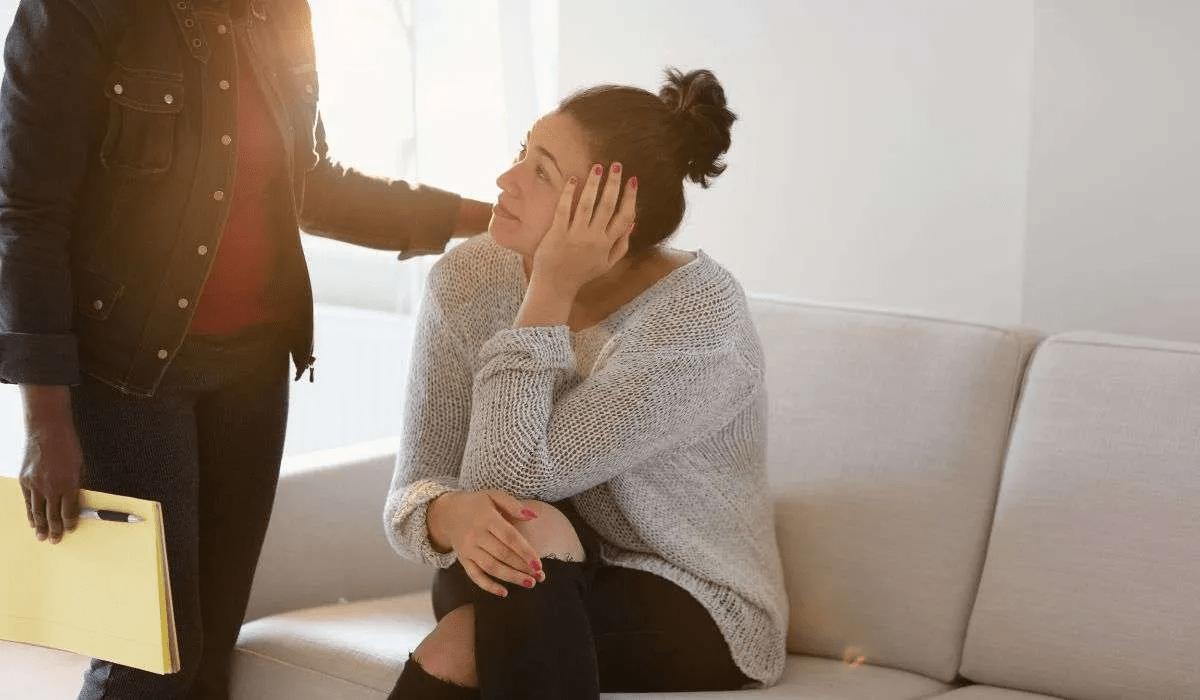If Arizona has learned anything about the opioid epidemic, it’s that opioid addiction doesn’t discriminate. It doesn’t matter if you have a prescription for oxycodone or if you’re taking an illicit drug like heroin. It also doesn’t matter if you’re from a metropolitan area or if you’ve lived your whole life in rural Arizona. The bottom line is, people from all walks of life suffer from opioid addiction.
Opioid abuse doesn’t discriminate. Period. And unfortunately, Arizona has felt its effects. According to the Arizona Department of Health Services, there have been nearly 28,000 suspected opioid overdoses in Arizona since June 2017. The state’s health department also estimates that 2 people on average die every day in Arizona because of an opioid overdose.
The question now is, how can Arizona stop the opioid crisis in its tracks? Luckily, we’re already seeing our state fight back against this disease.
Let’s take a look at what Arizona is doing to lessen the impacts of the opioid epidemic, along with what you can do to help those suffering from opioid addiction.
What Arizona Has Done to Fight the Opioid Epidemic
1. Governor Doug Ducey Issued a Statewide Health Emergency in 2017
On June 5, 2017, Governor Doug Ducey declared a public health emergency due to the amount of opioid-related deaths that had occurred across the state since 2012. This triggered a state-wide initiative to:
- Decrease opioid deaths
- Prevent further opioid addiction
- Improve how opioids were prescribed to patients, and
- Increase public awareness about the dangers of opioids
In Arizona’s September 2017 Opioid Action Plan, the Arizona Department of Health Services laid out next steps for how to accomplish these goals. The report’s recommendations and actions included enacting legislation to reduce the acquisition of illicit drugs, increasing access to naloxone, updating the state’s opioid prescription guidelines and developing a youth prevention task force.
2. The Arizona Opioid Epidemic Act
After Governor Ducey’s public health emergency declaration, the state’s legislature passed the Arizona Opioid Epidemic Act into law in 2018. This law was designed to pave a path for other states on how to take aggressive action against the opioid crisis.
Under the Arizona Opioid Epidemic Act, the state pledged to invest $10 million into providing greater access to treatment for both the insured and uninsured. The act also implemented even greater access to naloxone for law enforcement and corrections officers and limited prescription dosage to align with federal prescription guidelines.
Since the law went into effect, nearly 20,000 naloxone kits have been provided to Arizona law enforcement and the state has seen a 13 percent decrease in opioid prescriptions.
3. Arizona Receives Opioid Response Grant Funds from the Federal Government
Arizona has also received over $20 million in State Opioid Response grant funds from the federal government this year. This has given Arizona significant opportunity to boost the efforts already in place to try to curb the opioid epidemic.
This funding gives Arizona even more ammo in its battle to extinguish the opioid crisis. The state can use the funds for initiatives like increasing access to medication-assisted treatment throughout the state, building upon awareness and prevention efforts, and continuing to distribute naloxone to help prevent fatal opioid overdoses.
How You Can Help Fight the Opioid Crisis in Arizona
It’s easy to feel like you’re nothing more than a helpless bystander as a loved one or others close to you suffer from opioid addiction. How are you supposed to help them? And is there even anything you really can do to help them?
Fortunately, there are ways you can take action to help defeat opioid addiction.
For starters, it’s important that you educate yourself as much as possible about addiction and the opioid crisis. The stigma and judgment around addiction is what prevents many people from seeking treatment. But understanding what addiction is about can help you avoid judging a loved one or friend, which will make it easier for them to talk to you about what they’re struggling with.
Once you have a strong rapport with your loved one or friend, you should begin guiding them towards treatment. Opioid addiction treatment from a credible and effective rehab center is the only real way they’re going to be able to recover from opioid abuse.
Even if you haven’t gotten to the point where your loved one will be 100 percent receptive to your push to get treatment, it’s still important to at least try. Opioid abuse can be fatal, and it’s necessary for them to enter treatment as quickly as possible. If needed, you can set up an intervention to help convince your loved one to enroll in rehab.
Finally, talk to your doctor or pharmacy about how you can leverage naloxone. Naloxone can actually reverse the effects of an opioid overdose if administered properly. Once you know how to administer the injection, be sure to keep a dose on hand at all times. Naloxone may be able to help you save your loved one’s life if they overdose.
Get Your Loved One Opioid Addiction Treatment at Fountain Hills Recovery
You can join the fight against the opioid crisis in Arizona. If you have a loved one or friend who is struggling with opioid addiction, you can help them get the life-saving treatment and care they need.
At Fountain Hills Recovery, your loved one will receive high quality, judgment-free care from our renowned staff. As Arizona’s number one private luxury drug and alcohol rehab center, your loved one will never be treated like a statistic and will always be in caring, loving hands.
To learn more about our approach to addiction treatment and our luxury residences where your loved one would stay, contact our admissions staff today at 888.549.4037.





